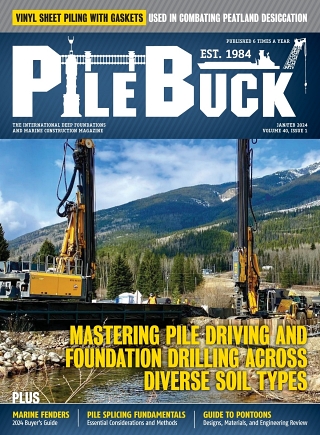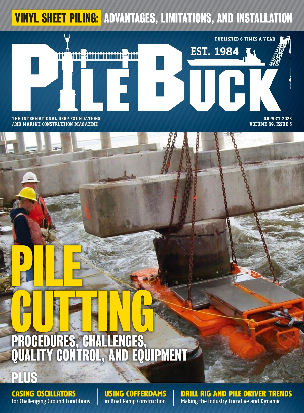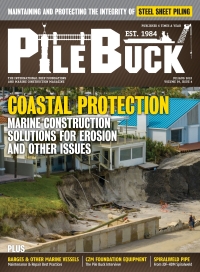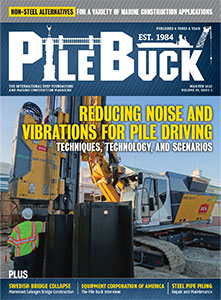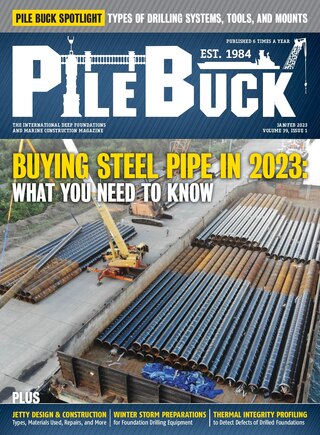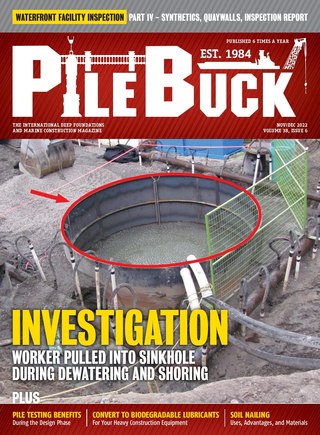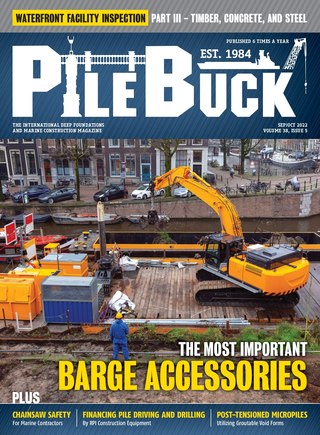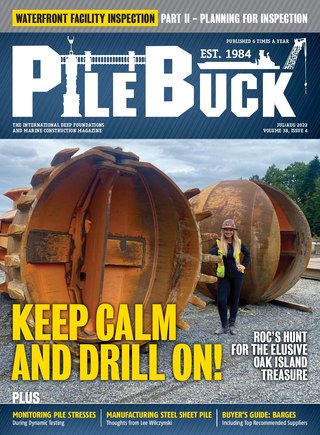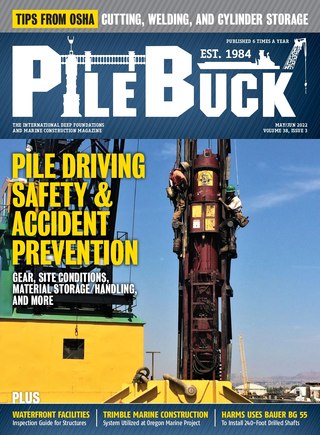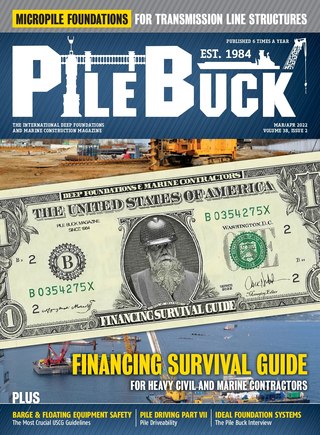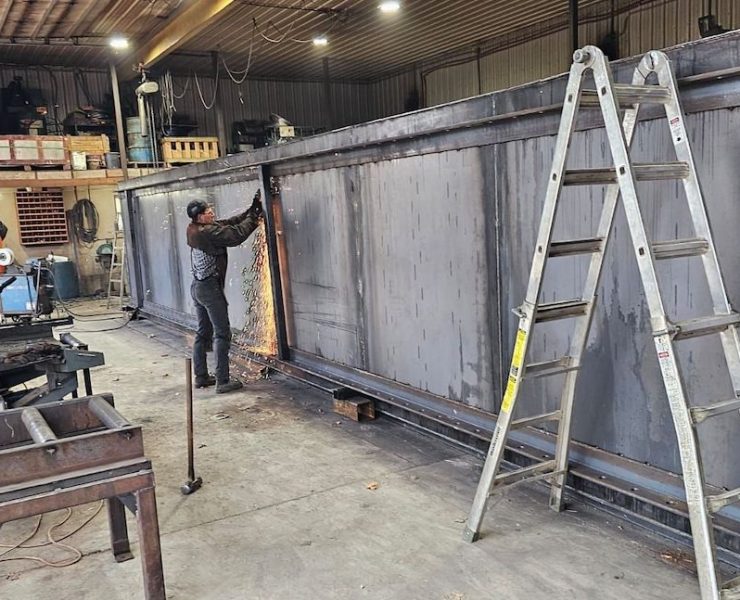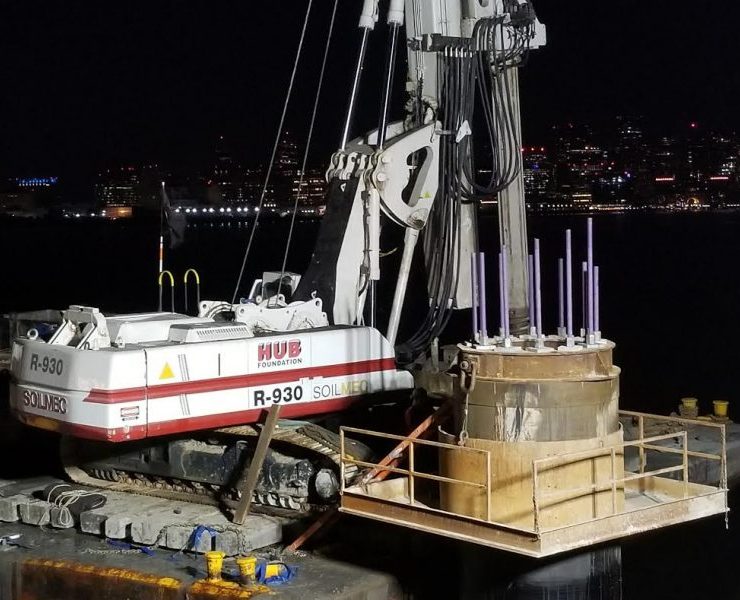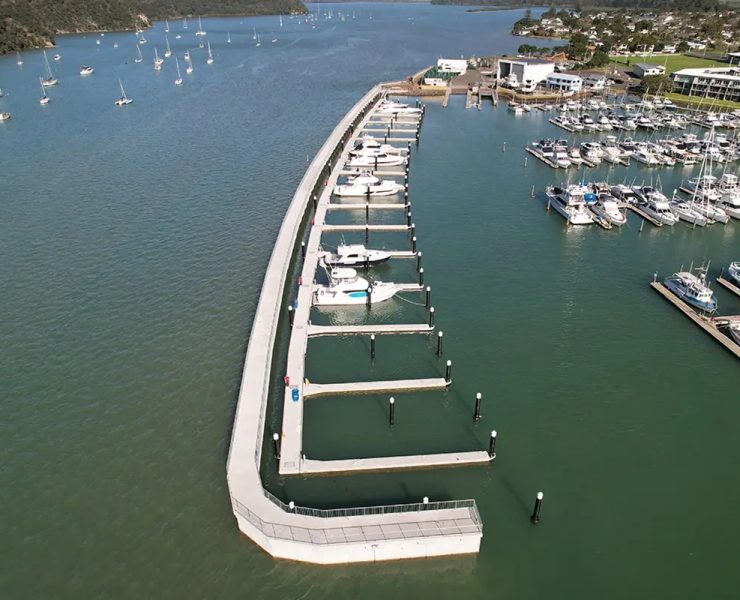Welder Training: Challenges and Solutions for the Diving Industry
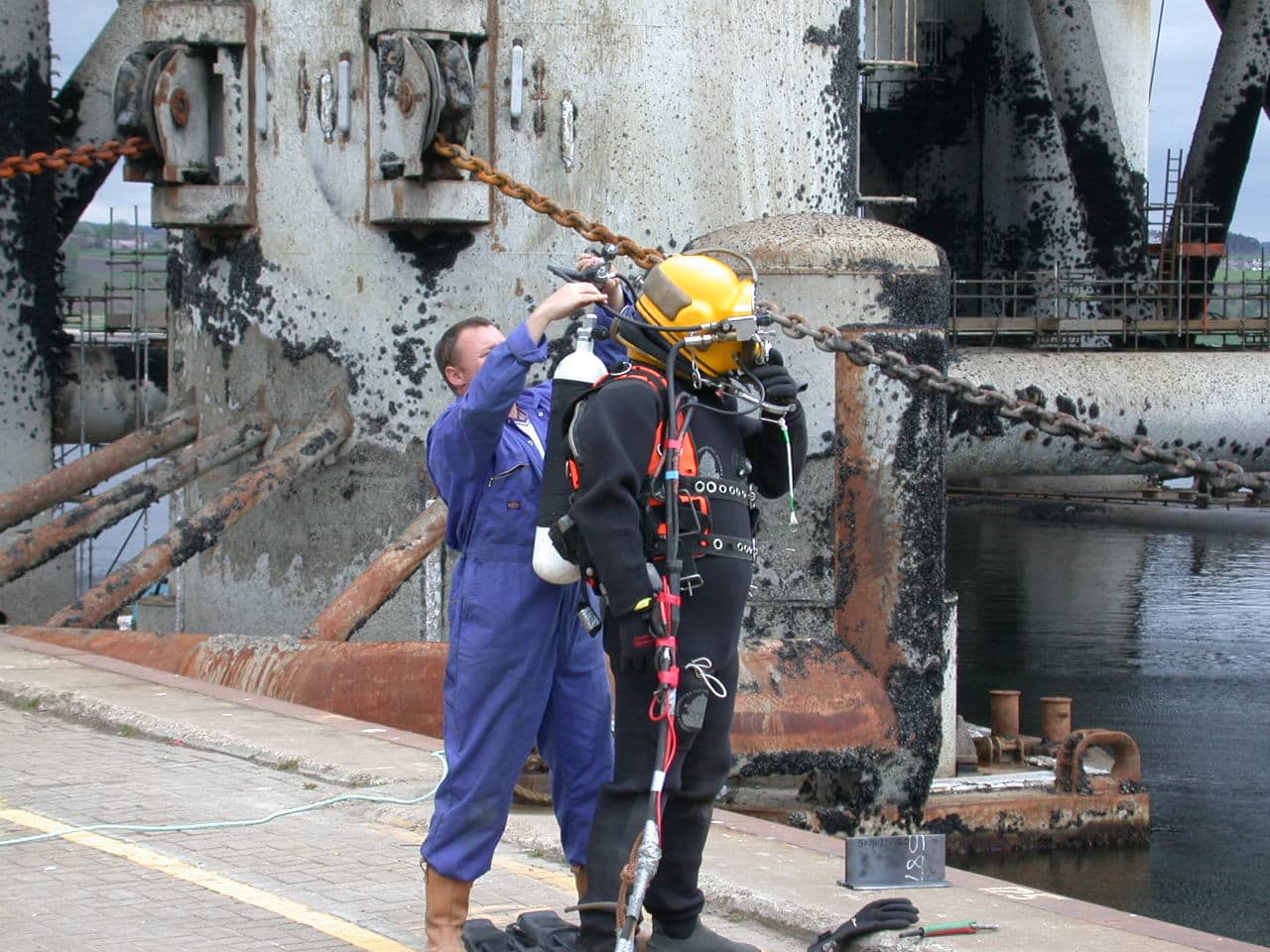
From our friends at Specialty Welds Ltd.
For those that can, ‘do’ and for those that can’t, ‘teach’. How many times have we heard that one? Well, when it comes to teaching underwater welding skills, David Keats of Speciality Welds most certainly can ‘do’ and can ‘teach’. David, who is a fully qualified International Welding Technologist, Senior Welding Inspector (Zurich Insurance approved) professional member of TWI and a qualified instructor, has been instrumental in developing the UK’s only accredited qualification in wet welding and has been involved with the industry since 1983, where he worked as a wet and hyperbaric welder for all the major diving contractors of the day, including Subsea Offshore, Comex Holder, Oceaneering and Wharton Williams Taylor (2W’s).
The diving industry is somewhat unique in the way in which it operates with regards to employees. Unlike that of say, an engineering employer, who sets on an apprentice, obtains Government funding to send them to college; day release or full/part-time. They serve their time and are rewarded with a National Qualification. The diving industry mainly operates through sub-contract or self-employed routes and therefore, this ‘standard’ route to education and qualification is not available (unless already qualified). This places the emphasis for any qualifications firmly with the individual diver, not the employer; – the challenge! For this reason it’s absolutely essential that educational/industry recognition is available and provided. Welding is an important skill for the diving industry and such recognition/availability is essential.
Unfortunately, in welding the term ‘qualification’ has a specific meaning, which tends to be simply understood as a ‘coding’. i.e. a practical weld test in which the welder demonstrates his physical skills and abilities. Of course, this element of the welder’s ability is essential, after all, welding is a craft-skill and physical ability is a large part of the job. But remember, for the engineering industries, this physical skill is supplemented with a number of years at college; i.e. ONC/HNC/HND, etc and most importantly, a management structure exists where foreman, senior engineers, supervisors and inspectors are also employed by the company; thus total responsibility for welding, does not lay with the welder. This structure does not generally exist for the inshore diving industry, and even for offshore the hands-on expertise can be limited. A diver-welder may well find himself the only competent welding person on site, thus has to have greater expertise on the subject of welding than simply being able to deposit weld metal! Another problem for the diving industry is people are attracted to it from all sorts of backgrounds, with engineering being only a small minority. Thus, this physical skill factor, although crucially important, is not in itself sufficient to provide industry with the next generation of competent, skilled welder-divers, divers with a minimum standard of competency in welding; which needs to include; safety, techniques, materials, weldability, electrodes, terminology, plant/equipment, weld defects, standards, etc. etc. There is much more to welding than just burning rods!

Because most divers are self-employed, thus, solely responsible for their own training/qualifications, unless they put themselves through college, there is limited opportunity to develop the knowledge and skills necessary to meet future industry demands, or even progress and extend their knowledge base. As we all know, once you are in the workplace, it’s very difficult to then attend college. To this end; – the solution. Speciality Welds have developed an 80 hour welding training programme, called The WeldCraft-Pro. This course follows the International Institute of Welding (IIW) and European Welding Federation (EWF) guidelines for fillet welding and the qualification is issued by EAL (EMTA Awards), who are the UK’s largest engineering and marine training authority, issuing over 80% of all the UK’s engineering qualifications. In addition, the programme is also recognised by IMarEST, the Institute of Marine Engineering, Science and Technology. Senior spokesman Mr. Ben Saunders said. “I can confirm that the members of IMarEST Continuing Professional Development (CPD) Working Group were most impressed by the course and have recognised it as contributing to an individual member’s professional development requirements.
This course is the only competency assessed underwater welding course available that meets all of industries current demands. Training is provided through approved diver training schools, allowing training to take place, for new recruits, immediately after diver training, thus, eliminating the need to return to school. For existing divers, the training is as compact as possible, usually taking no more than 10.5 days.
It’s absolutely crucial industry attracts the right calibre of individual to our industry, but equally important, industry needs to ensure training exists to the right standard, so it can equip individuals with all the skills necessary to keep Britain with its head above water and hopefully, leading the field.
How can individuals in the diving industry acquire welding qualifications, considering the unique employment structure of the industry?
Divers in the industry can acquire welding qualifications through programs like The WeldCraft-Pro, an 80-hour training course that follows international guidelines and is recognized by EAL and IMarEST, providing competency assessment for underwater welding.
Why is specialized welding training essential for diver-welders in the maritime sector?
Specialized welding training is crucial because, unlike in traditional engineering, the diving industry often lacks a structured apprenticeship system, making it necessary for divers to take responsibility for their own training and qualifications, including safety, techniques, materials, and industry-specific knowledge.

